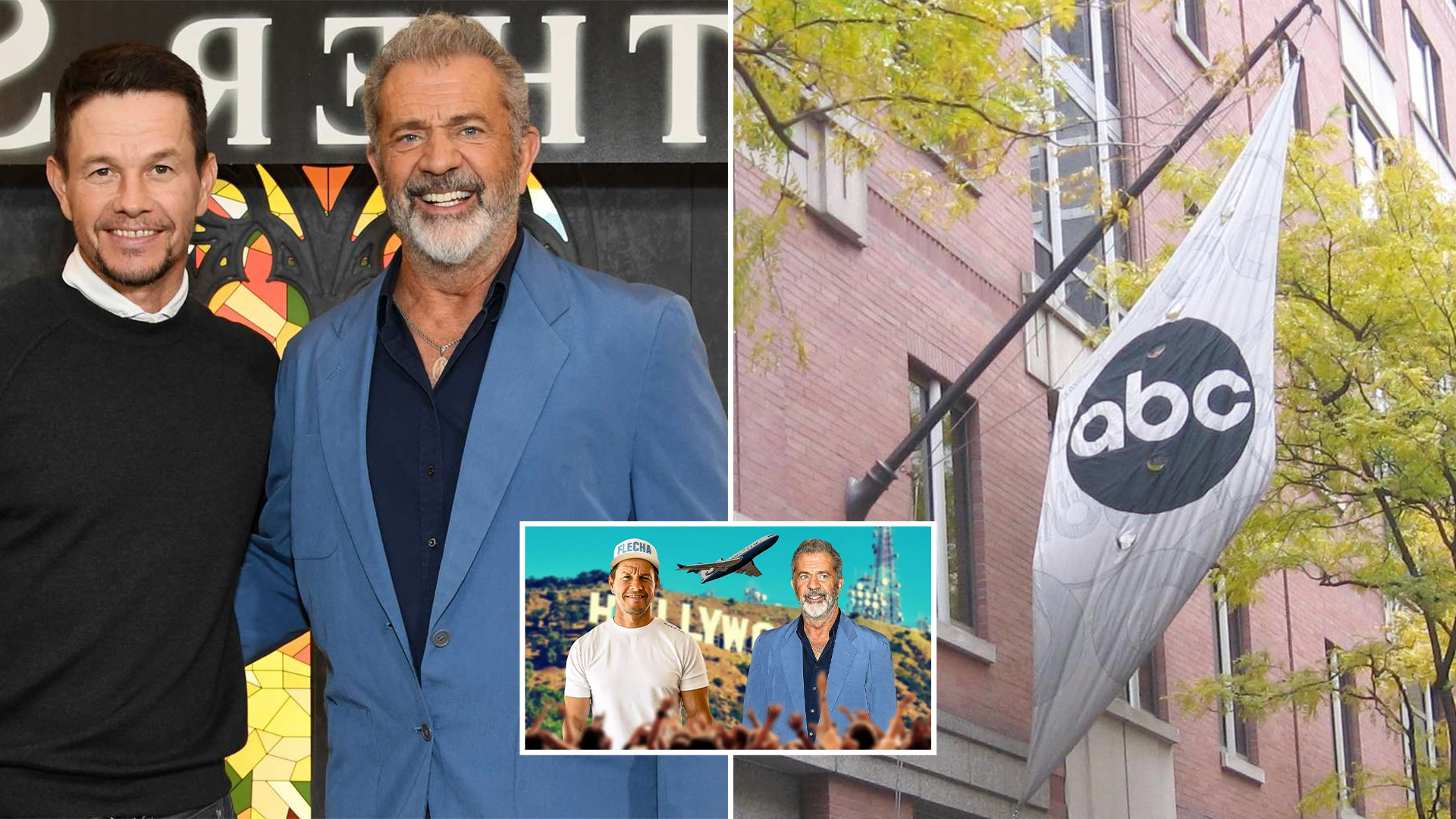Mark Wahlberg and Mel Gibson have recently made headlines with the announcement of their new movie production studio, which aims to provide a platform for films that align with their creative vision and values. In a bold move, the duo has also turned down a staggering $500 million sponsorship offer from ABC, a decision that has sparked conversations about the current state of the film industry and the influence of so-called “wokeness” on storytelling.
Wahlberg and Gibson are no strangers to the entertainment industry, each having made significant contributions to film and television over the years. Wahlberg, known for his roles in blockbusters such as “The Departed,” “Transformers,” and “Uncharted,” has transitioned from a music career to acting and now to film production. Gibson, an Academy Award-winning filmmaker and actor recognized for his work in classics like “Braveheart” and “The Passion of the Christ,” has a storied career that has often been marked by controversy but remains influential in Hollywood.
Their decision to create a new studio stems from a desire to produce films that they feel are more authentic and less influenced by the prevailing trends of the entertainment landscape, particularly the emphasis on political correctness and social commentary that has become increasingly prevalent in recent years. In interviews, both Wahlberg and Gibson have expressed concerns about the way films are being shaped by external pressures to conform to societal expectations and narratives that they feel may not resonate with a broad audience.
The rejection of the $500 million sponsorship from ABC is particularly significant, not only because of the size of the offer but also due to the statement it makes regarding their priorities. In a public statement, Wahlberg explained, “We want to create a space where we can tell stories that matter to us without the interference of outside influences. We don’t want wokeness in our studio; we want to focus on authentic storytelling.” This sentiment has resonated with many fans who feel that the film industry has drifted away from producing content that entertains and engages audiences on a personal level.
By establishing their own studio, Wahlberg and Gibson aim to reclaim creative control over their projects and foster an environment where artistic expression can flourish without constraints. They envision a studio that prioritizes narrative depth and character development over catering to the latest social trends or movements. This approach has the potential to attract a diverse array of talent who share similar values and want to work in an environment that encourages originality and creativity.
Their stance has ignited a debate within the industry and among audiences regarding the impact of “wokeness” on filmmaking. Proponents of this perspective argue that the current cultural climate stifles creativity, while others contend that inclusivity and representation are essential to creating a more equitable film industry. Wahlberg and Gibson’s decision to distance themselves from such trends has drawn both support and criticism, highlighting the complexities of navigating modern entertainment.
As Wahlberg and Gibson embark on this new venture, the future of their studio will undoubtedly be watched closely. The pair has indicated that they are committed to developing a slate of projects that align with their vision, focusing on stories that inspire and entertain. With their combined experience and star power, they have the potential to make a significant impact on the industry, challenging the status quo and offering an alternative to the mainstream narrative.
The film industry is in a state of evolution, and Wahlberg and Gibson’s new studio represents a shift towards more independent and creator-driven projects. Whether their approach will resonate with audiences remains to be seen, but their commitment to authenticity and storytelling is sure to ignite discussions about the future of film and the role of culture in shaping cinematic experiences.
In conclusion, Wahlberg and Gibson’s new venture and their rejection of ABC’s sponsorship reflect a broader conversation about creativity and authenticity in the entertainment industry. As they move forward with their studio, they aim to carve out a niche that prioritizes genuine storytelling over adherence to contemporary trends, appealing to audiences who are eager for a return to compelling narratives that resonate on a personal level. Their decision not only sets a precedent for their future projects but also raises important questions about the direction of filmmaking in an increasingly polarized cultural landscape.
NOTE: This Is SATIRE, It’s Not True
